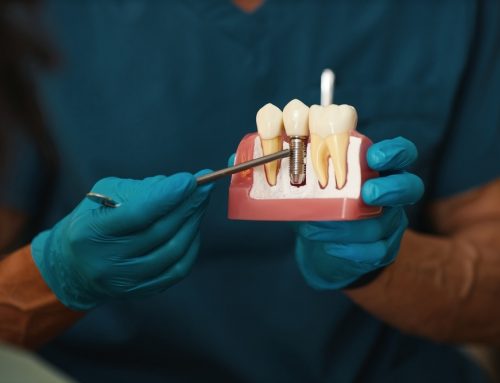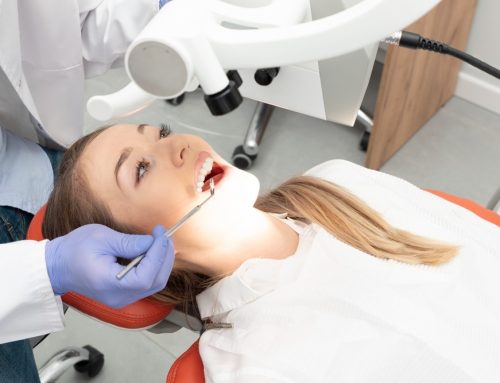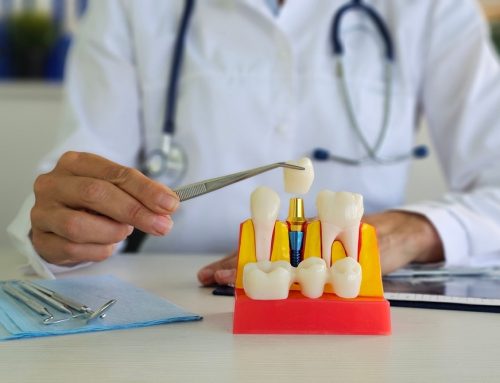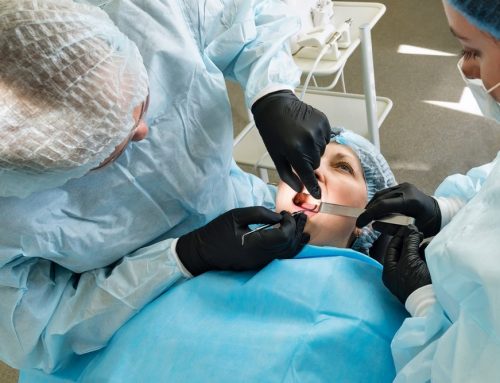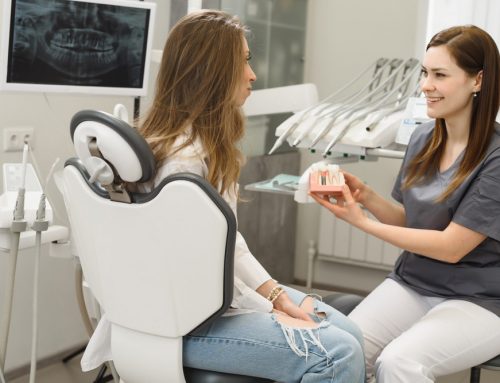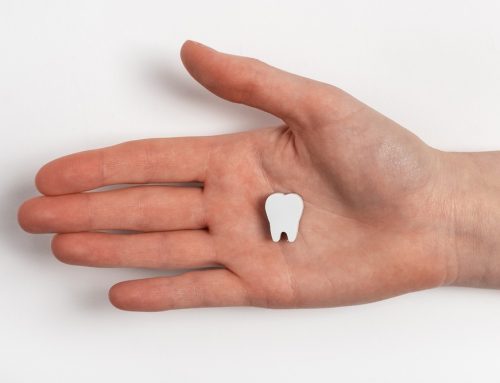A root canal can be a little daunting if you have never had one before because people believe that the procedure entails removing the roots from your tooth. In reality, the process involves removing and cleaning decay and infection out of your tooth to prevent the need for complete extraction. Before your procedure, read our list of 10 FAQs about root canals and what to expect.
1. Does a root canal hurt?
Root canals aim to relieve pain, not cause it, and at Dental Arts, alleviating your pain is our top priority. We do everything in our professional power to ensure that you are comfortable and experience the least amount of pain during your procedure.
2. Are roots removed during root canal procedures?
No, the tooth’s roots are not removed during a root canal. Instead, the inflamed or infected pulp tissue is removed from the tooth, then cleaned and disinfected, and, lastly, filled and sealed with gutta-percha. The root-end could be resected if the root is heavily damaged, but the tooth remains intact.
3. What happens to the nerve in my tooth during a root canal?
The nerve is removed from the inside of the tooth to clean and seal it. Even though the nerve is taken out, this does not kill the tooth. These nerves serve little function in a fully formed tooth, so removing them will not affect the tooth’s health.
4. If you remove the nerve, why does my tooth still hurt?
Removing the inflamed or infected pulp tissue eliminates the source of inflammation, but discomfort can still come from inflammation in the bone and ligaments surrounding the tooth. Your immune system should heal the leftover inflammation, but if needed, antibiotics and anti-inflammatories can also help with the discomfort.
5. Why can’t I take antibiotics instead for a dental infection?
Antibiotics help reduce the bacteria present in the tissues surrounding your tooth. They can lessen the pain, but the infection will remain until a root canal completely removes the diseased tissue.
6. Will I be put to sleep, and will I receive medication after my procedure?
No, typically, root canals are performed with local anesthetics. Soreness is expected after the procedure, and over-the-counter painkillers such as Ibuprofen, Tylenol, and Aleve can help with any discomfort or pain. Other pain medication can be prescribed if necessary.
7. Can I eat after my root canal?
Immediately following the procedure, avoid hot liquids and chewing food until your anesthetic has worn off. Avoid sticky foods and chewing directly on the tooth for the next few days to ensure proper healing. If your temporary filling is loosened or removed, you will need to return to the office to have it replaced.
8. How long and how many visits does this procedure take?
Appointment duration can vary depending on treatment difficulty and specific patient needs. Most root canal procedures can be completed in two visits, lasting 60 to 90 minutes each.
9. Why do I have to return to my dentist for final restoration?
A final crown or filling will extend the success of the root canal treatment by preventing bacterial leakage and fracture. It is recommended that you contact your dentist 1-2 weeks after your root canal for a final restoration. Failure to do so may result in re-infection or loss of the tooth due to continual decaying.
10. What is a one-year recall appointment?
A recall appointment provides one final time to evaluate your treatment outcome and ensure that the final restoration was completed.
We hope our list of 10 FAQs about root canals and what to expect helped ease some of your tensions about receiving a root canal. When you are ready for your root canal, call Dental Arts at (619) 444-1001 or schedule an appointment here.




